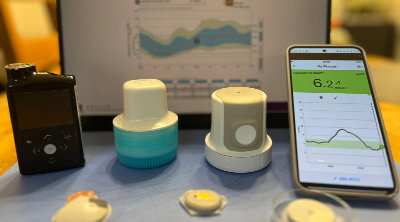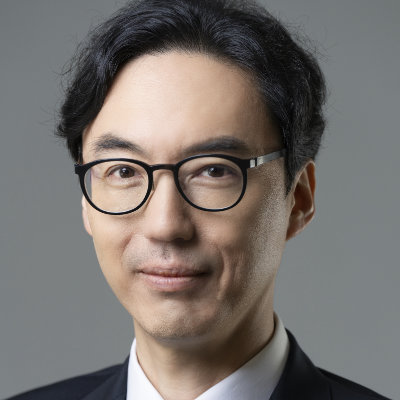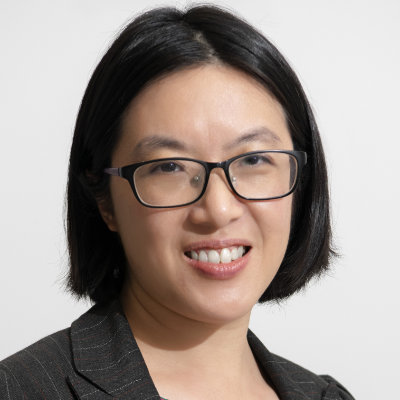First-Year Results of the Jockey Club Support for Young People with Diabetes Programme
Youth Diabetes Action (YDA) and The Chinese University of Hong Kong’s Faculty of Medicine (CU Medicine) are pleased to announce the first-year findings of the Continuous Glucose Monitor (CGM) evaluation from the Jockey Club Support for Young People with Diabetes programme. Generously funded by The Hong Kong Jockey Club Charities Trust, this initiative has made remarkable strides in diabetes management for young patients.
About Diabetes
Diabetes is a serious chronic condition that requires constant daily management. It currently affects 540 million people worldwide with an estimated 700,000 in Hong Kong, and its prevalence is increasing, particularly among young people. For those with Type 1 diabetes, daily life can be challenging, involving carefully planned meals, the need to stay active, and multiple insulin injections. Patients must frequently monitor their blood glucose levels through finger-prick testing and adjust their routines to avoid complications, which can lead to increased stress for both them and their families.
First-Year Results
In its first year, this four-year programme successfully provided CGMs to over 300 young patients living with diabetes, marking a significant step forward in diabetes management and care. The findings from the CGM evaluation highlight the positive impact of CGM technology.
Key findings from the programme include:

- 83.2% of participants expressed satisfaction with their use of CGMs.
- Average reduction in HbA1c Levels (a measure of glucose control) by 0.55% in the first 6 months
For every 1% improvement in HbA1c, the risk of long-term diabetes eye, foot or kidney complications are reduced by 30% - Over two-thirds of participants reported better quality of life
Additionally, some programme participants are using hybrid closed-loop systems, also known as an artificial pancreas, where the CGM is paired with an insulin pump for automated insulin delivery. This advanced technology allows better glucose control while reducing the risk of hypoglycaemia (episodes of low glucose) and mental burden of diabetes management.
However, the benefits of the CGM programme extend beyond the numbers. It has made a tangible difference in the lives of young people with Type 1 Diabetes (T1D) and their families. Participants have experienced fewer sleepless nights and greater freedom to engage in exercise and activities without the constant fear of hypoglycaemia (low blood sugars). Families report feeling more empowered and confident in managing diabetes, leading to a healthier and more active lifestyle.
“The CGM enables us to monitor our daughter’s blood glucose levels anytime, relieving her from the pain of finger-prick blood tests.
Mother of Janet, teenager with Type 1 diabetes participating in the CGM programme
This has given her more freedom.”
Empowering young patients to manage their blood glucose levels improves their quality of life. This can significantly reduce long-term diabetes complications and emergency hospital visits, thereby easing the burden on the healthcare system.
While some countries like the UK, Australia and Singapore provide support for use of CGMs to all individuals living with Type 1 and some insulin-using people with Type 2 diabetes, in Hong Kong there is limited financial support for short term use of CGMs to patients fulfilling certain criteria, primarily during periods of unstable glucose control. YDA would like to highlight the need for people with diabetes in Hong Kong, and to request to consider the critical need for CGM devices and supply them to all patients aged 30 and below living with Type 1 diabetes in Hong Kong.
For more information about the programme and how to join, please visit Jockey Club Support for Young People with Diabetes website: https://jcsupportdm.hk/

Professor Ronald Ma
Head (Academic Affairs), Division of Endocrinology and Diabetes, Department of Medicine and Therapeutics, CU Medicine

Dr Elaine Chow
Assistant Professor, Department of Medicine and Therapeutics, CU Medicine





